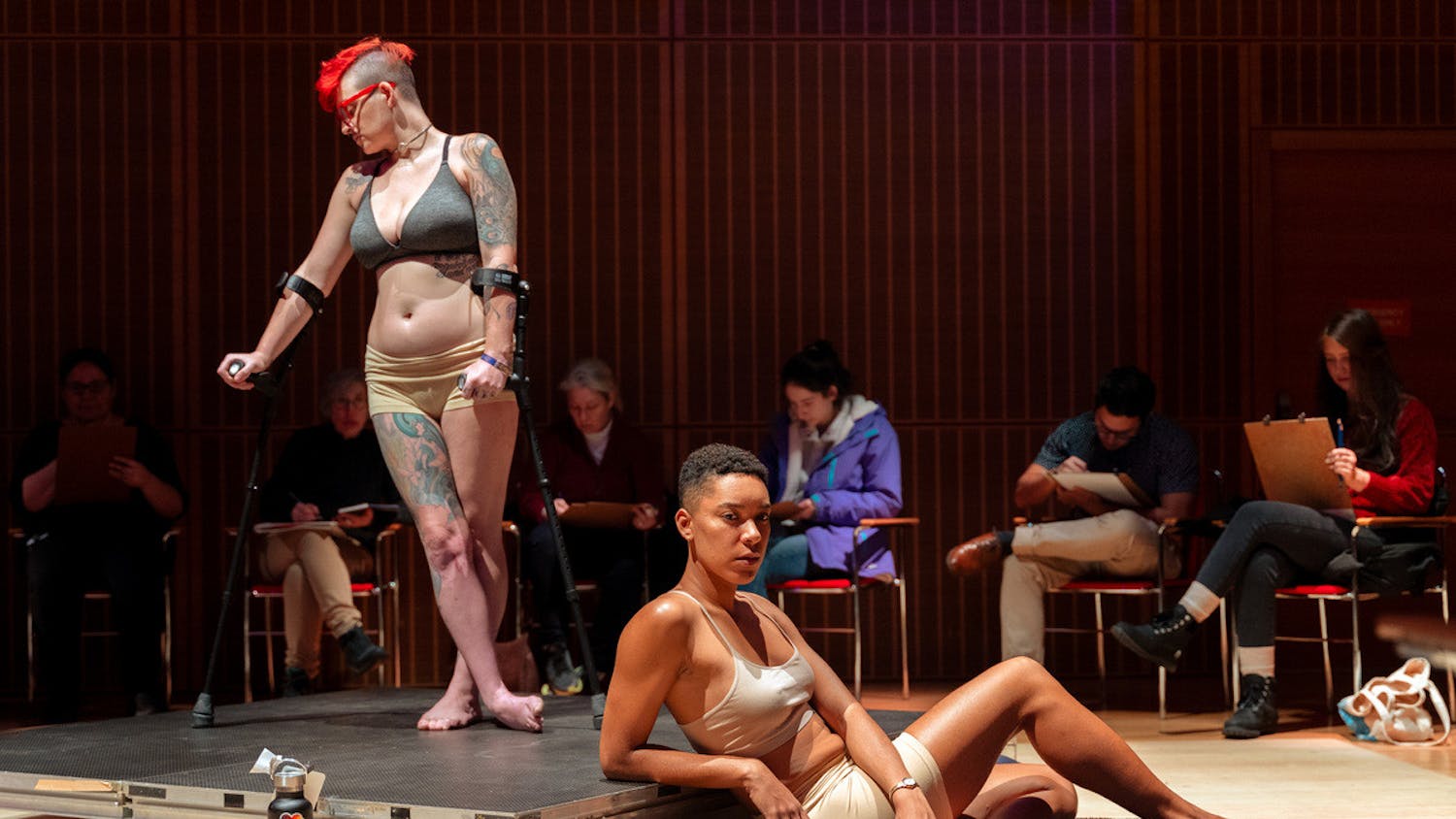At 5 years old, humans develop a sense of self-image and consciousness. In part, I believe a lot of that self-awareness has to do with what’s brought to your attention.
For me, that was the size of my body.
My parents didn’t put me in soccer or volleyball. Calorie counting and dieting methods, I learned, were key to a healthy body.
And so I grew to hate the wide hips that marked my womanhood. The chub turned to cellulite, and every ounce of weight gain was noted. At family reunions you’d wait to hear if it looked like you were bigger or smaller, with the latter being ideal.
Physical strength was a gendered concept in a traditional household, even a societal one. I never thought I could pursue bodybuilding or weightlifting because muscles, I was taught, belong to men. In schools, teachers always ask if some strong boys could help lift something heavy. I always raised my hand at first. But never getting picked sent a message.
In high school, I found myself feeling guilty running in the late hours of the night because I ate “too much” food that day. One night I felt tired of convincing myself I could get a runner’s high. Drenched in sweat, I sat on a bench in my tiny, empty apartment gym. I don’t know what dawned upon me to touch a dumbbell after years of thinking they were just for men, but it was the best decision of my life.
In a mental struggle, lifting weights felt better than running. I could feel the physical push of my workout. My angst had an outlet and the gym became stress relieving rather than stress inducing. For once, I wasn’t thinking about my weight. I was thinking about my strength.
My mindset shifted from thinking working out would fix my flaws to realizing they were never flaws at all. I would flex my biceps in every mirror possible, marveling at a newfound body positivity. My family noticed my muscles get more defined and said, “Just don’t overdo it, you don’t want to look like a guy.” Because what, a woman can’t look strong?
Society has grown profoundly in gender equality, but older generations’ framework still echoes on their children. Why is strength equated to masculinity? The idea that muscles and weight lifting are for men is dead.
Womanhood came with enough struggles; female empowerment needs to be taken for its worth more literally. To realize you are just as capable of something like weightlifting may seem like a minor discovery but paves a big road for women.
For me, it was independence. A sense of being able to learn the hobby without a guy’s help. I started up my bodybuilding journey on my own and felt more in charge of my health than ever before. It wasn’t something that naturally came to guys or anyone for that matter. The playing field was level all along, society just set me up to doubt it.
I watched female influencers like Leana Deeb and Analis Cruz for tutorials. They were badass women, and their millions of followers thought so too. It seemed women had to wait for it to trend to try it out, and I’m guilty of that as well.
I built muscle rapidly, and my frame filled in in ways I never knew could be aesthetic. I broke out of this idea of what I was supposed to be and there was great power in abandoning it. My body was meant to look this way, I thought, and no one could tell me otherwise.
It wasn’t until I got to UF that I realized I wasn’t alone in my discovery. Women weightlifting existed alright, and we look good as hell. In 2012, 3,332 females were registered USA Weightlifting members. In 2016, it was 8,600.
It’s ironic I’ve lost more fat in my two years of weightlifting than in a lifetime of dieting and cardio. The feminization of weightlifting, some call it.
I say it never had a gender to begin with. I grew up around girls with eating disorders and female family members with stomach rings. We glorified the slim woman to a point of unhealthy frailness. Now, “muscle mommy” has 129 trillion results on Google.
But healthy looks different to everyone. On me it looks like a Dorito for a back, boulders for shoulders and tree trunks for legs. I don’t look like a guy, but guys do look at me when I lift heavier than they do.
Women have been framed into boxes for decades, it’s about time we filled in our frames ourselves.
Noor Sukar is a UF journalism sophomore.
Noor Sukkar is a third-year journalism major with a minor in Arabic. She is the Avenue's Fall 2024 General Assignment reporter. When she's not writing, she's most likely talking to her cat or overwatering her plants.






